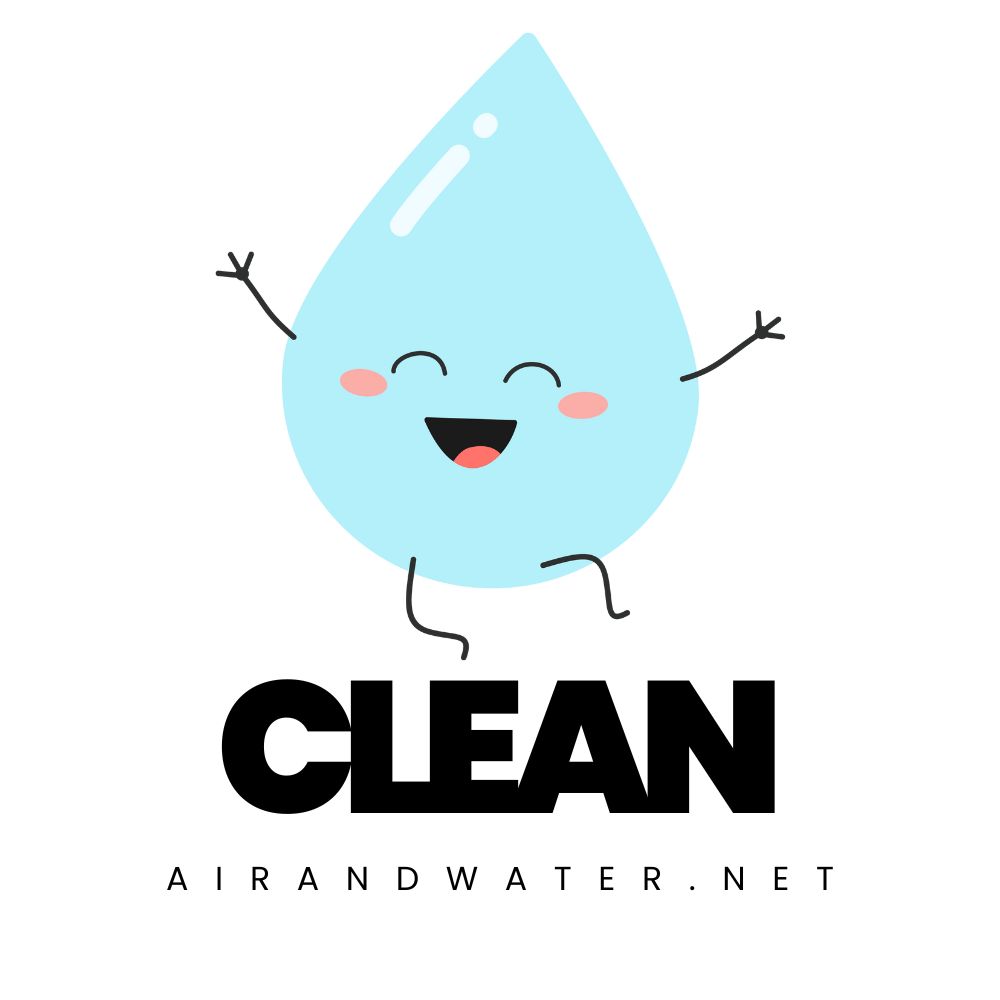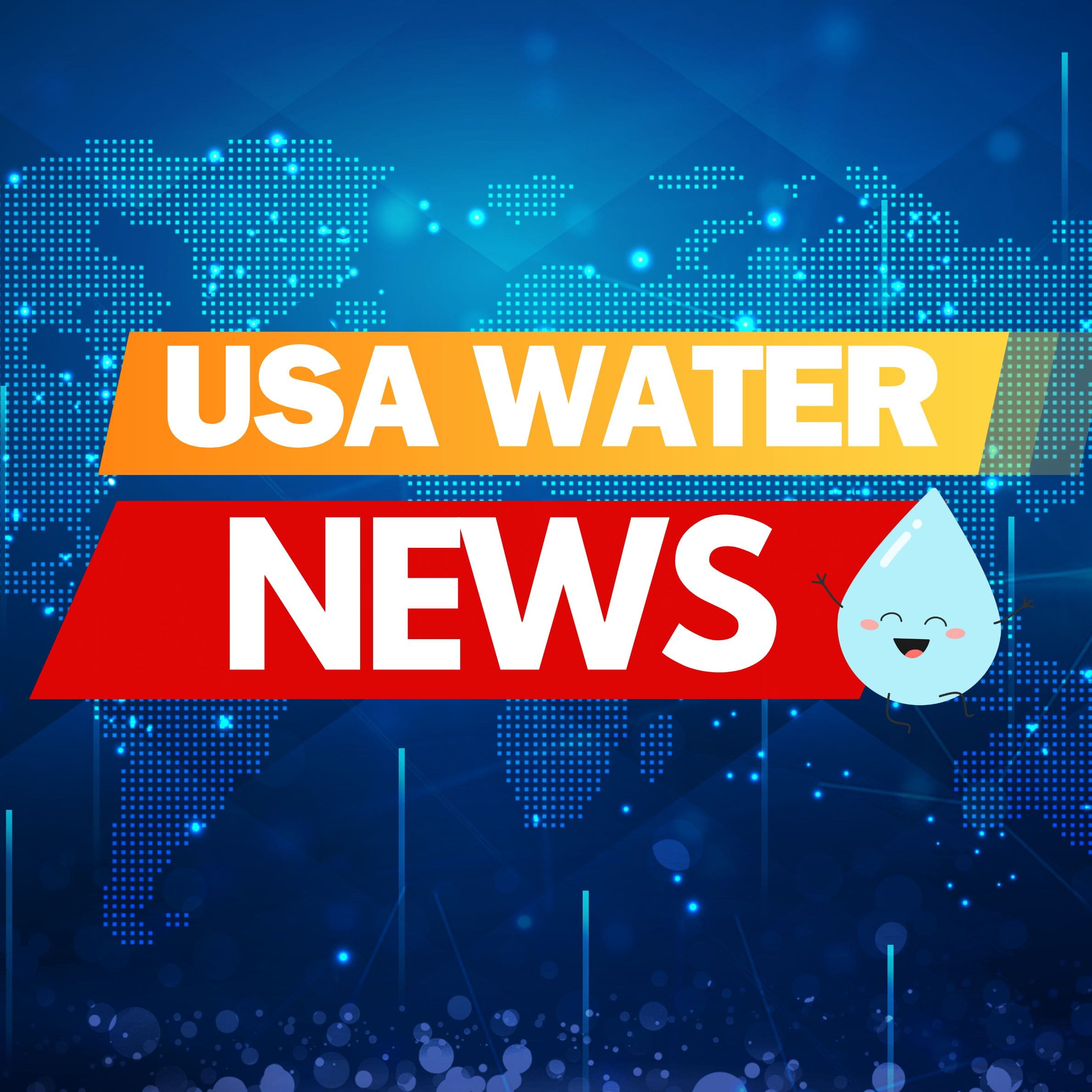Reno Water Quality at a Glance
high arsenic levels
Is Reno Water Safe to Drink?
Technically Compliant, But Notable Concerns – Reno water meets federal standards but contains 8 different contaminants exceeding health guidelines. Key issues include arsenic levels up to 13.9 PPB (healthy level is 0), chloroform from treatment processes, and dibromochloromethane. Northern Nevada has the country’s highest arsenic levels in groundwater, with 22% of private wells exceeding EPA safety limits and some reaching 80 times the federal limit.
⚠️ Key Concerns for Reno Residents
- Arsenic Contamination: Up to 13.9 PPB detected (EPA limit 10 PPB, healthy level 0 PPB); causes cancer and linked to cardiovascular, liver, and neurological disease
- Private Well Crisis: 22% of Northern Nevada private wells exceed EPA arsenic limits; some levels 80 times higher than safe limits affecting 182,000 rural residents
- Chlorination Byproducts: Chloroform, dibromochloromethane, and dichloroacetic acid from water treatment processes can cause liver, kidney damage and cancer
- Geological Challenge: Nevada’s volcanic landscape and arid climate naturally produce high heavy metal concentrations including uranium, lead, and cadmium
Read the full report below for detailed analysis, city-specific data, and actionable recommendations for Reno residents.
Reno – Nevada – Water Quality Report 2025: PFAS Testing, Infrastructure Concerns & Safety across your city
Reno’s water system is managed by the Truckee Meadows Water Authority (TMWA), a not-for-profit, community-owned utility that serves over 425,000 residents across the greater Reno-Sparks area. TMWA operates and maintains more than 2,000 miles of distribution pipes, 93 wells, and two surface water treatment facilities, delivering approximately 90 million gallons of water daily during peak summer months to the high desert metropolitan region.
Reno’s drinking water primarily comes from the Truckee River, which flows from Lake Tahoe (85% of supply), supplemented by groundwater from deep wells throughout the valley (15% of supply). While the system benefits from Lake Tahoe’s exceptional water quality, Reno faces significant water quality challenges including arsenic contamination from Nevada’s geological landscape and chlorination byproducts from treatment processes. TMWA has implemented conservation initiatives and treatment upgrades, though arsenic levels in some areas have reached 13.9 PPB – above healthy levels but within federal compliance through averaging with lower readings.
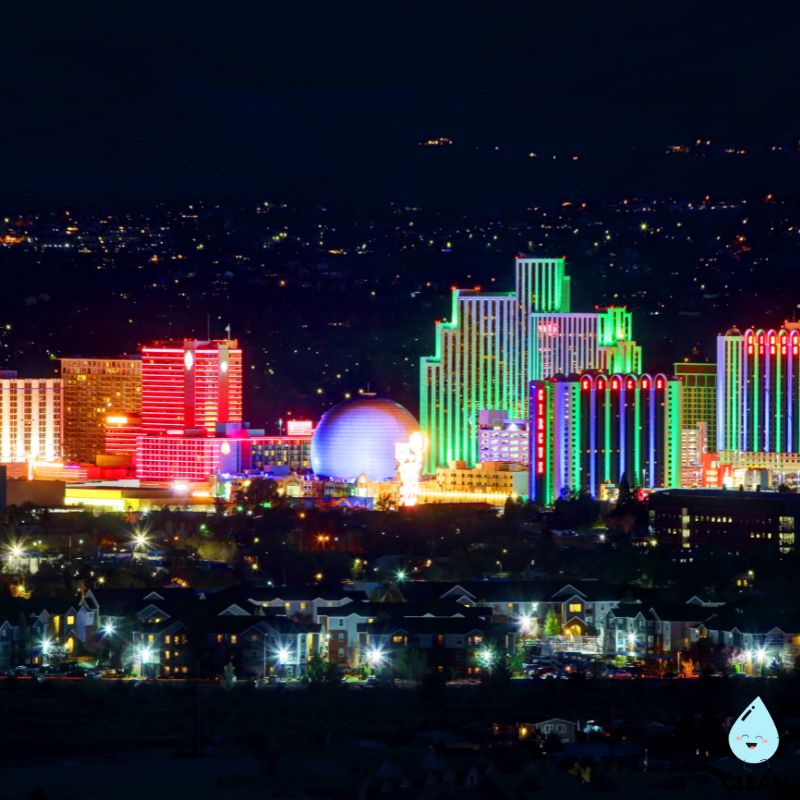
Reno Water Quality: Current Status (2024-2025)
Latest Testing Results
- Lead Levels: The most recent testing period (January-December 2023) showed 90th percentile lead levels of 4.2 parts per billion (ppb), significantly below the EPA action level of 15 ppb, reflecting the relatively newer infrastructure in many parts of the system.
- Arsenic Levels: TMWA’s highest reported arsenic level was 13.9 ppb in 2021, with system average of 8.8 ppb. While meeting EPA standards through averaging, this exceeds the health guideline of 0 ppb for this known carcinogen.
- Testing Scope: TMWA conducts over 25,000 water quality tests annually throughout the system, with enhanced monitoring during periods of drought and seasonal river flow changes.
- Compliance Status: Reno’s water meets federal and state drinking water standards, maintaining compliance with EPA and Nevada Division of Environmental Protection regulations, though 8 contaminants exceed health guidelines established by the Environmental Working Group.
Source Water Quality Challenges
- Truckee River System: Primary source (85% of supply) originates at Lake Tahoe and provides excellent base water quality, though treatment processes create chlorination byproducts including chloroform and trihalomethanes.
- Groundwater Challenges: Secondary source (15% of supply) from deep wells contains naturally occurring arsenic due to Nevada’s volcanic geology. Northern Nevada has the country’s highest arsenic levels in groundwater according to USGS surveys.
- Regional Contamination: 22% of private wells in Northern Nevada exceed EPA arsenic limits, with some levels reaching 80 times the federal standard, affecting 182,000 rural residents who rely on private wells.
Treatment Technology & Byproducts
- Modern Treatment Facilities: Chalk Bluff and Glendale treatment plants utilize multi-stage treatment processes including coagulation, sedimentation, multi-media filtration, and chlorine disinfection.
- Disinfection Byproducts: Chlorine treatment creates compounds like chloroform, dibromochloromethane, and dichloroacetic acid that exceed Environmental Working Group health guidelines and can pose cancer risks with long-term exposure.
- Corrosion Control: Optimized pH adjustment and mineral balance prevent metal leaching from pipes, with special consideration for Reno’s naturally hard water composition.
Drought Resilience Infrastructure
- Aquifer Storage & Recovery: Innovative program stores treated surface water in underground aquifers during wet periods for use during drought, with 13 injection wells throughout the system.
- System Interconnections: Strategic pipeline networks allow water to be moved between different parts of the system to optimize resources and respond to seasonal demand changes.
- Smart Water Management: Advanced metering infrastructure with real-time consumption monitoring and leak detection helps conserve water in this high desert environment.
Customer Support Programs
TMWA provides comprehensive customer assistance including free water efficiency evaluations, conservation incentive programs, and payment assistance for qualified residents. The utility’s Water Quality Assurance Program offers complimentary water testing services, while educational outreach helps residents understand water quality concerns in the region including arsenic contamination risks. TMWA’s commitment includes aggressive leak detection programs, xeriscaping incentives, and infrastructure improvements. However, residents should be aware that while water meets legal standards, several contaminants exceed health guidelines, making independent water testing and filtration consideration important for those concerned about long-term health impacts.
Recommendations for Reno Residents
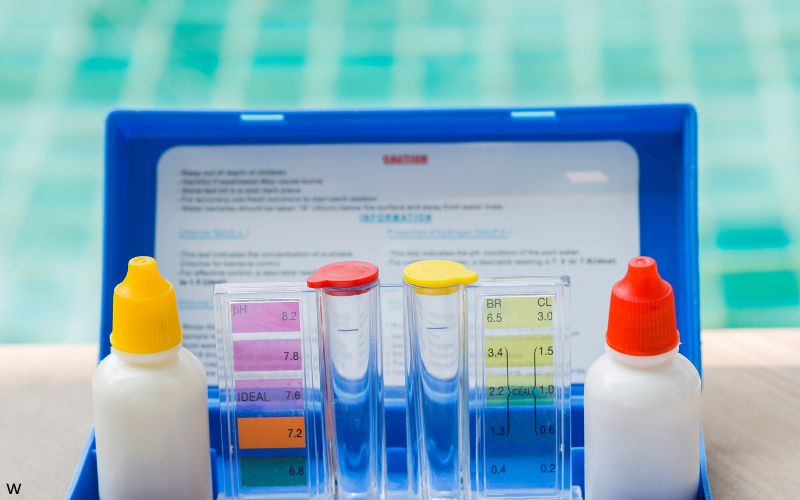
Request Water Testing
TMWA offers free water quality testing through its Water Quality Assurance Program. Call (775) 834-8080 or visit tmwa.com/waterquality to schedule testing. Consider independent testing for arsenic and other contaminants, especially for private well users.
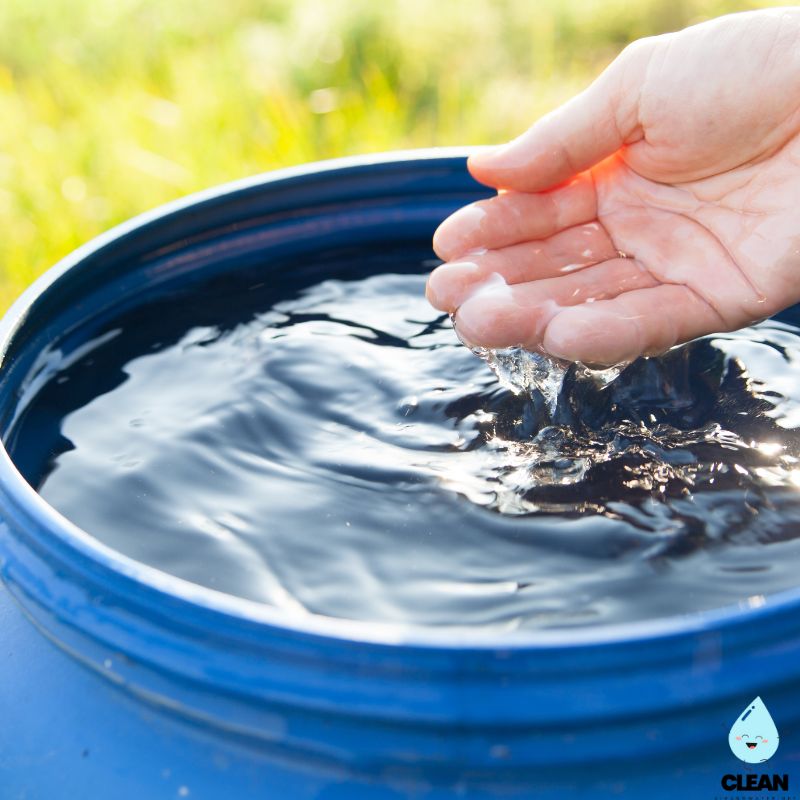
Practice Water Conservation
Participate in TMWA’s Water Efficient Landscape Program for rebates on xeriscaping conversions. Visit tmwa.com/conservation or call (775) 834-8005 to schedule a free water efficiency consultation.
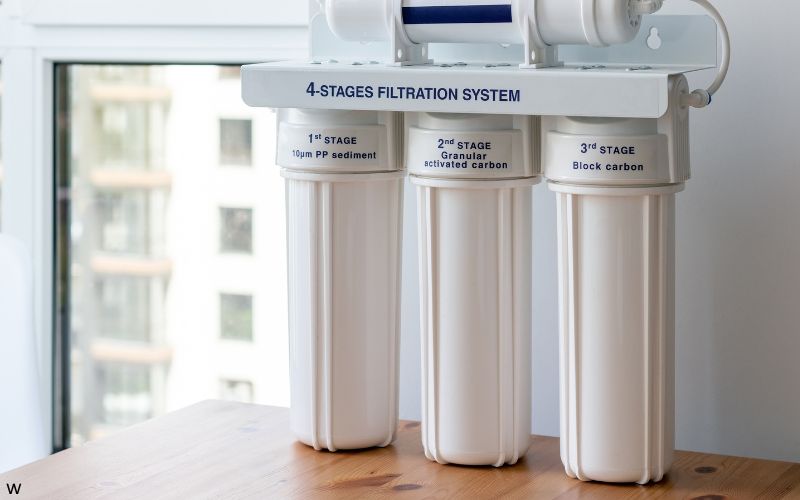
Consider Home Filtration
Given arsenic levels up to 13.9 PPB and chlorination byproducts exceeding health guidelines, consider NSF-certified filtration systems specifically designed for arsenic removal and chlorine reduction for enhanced protection.
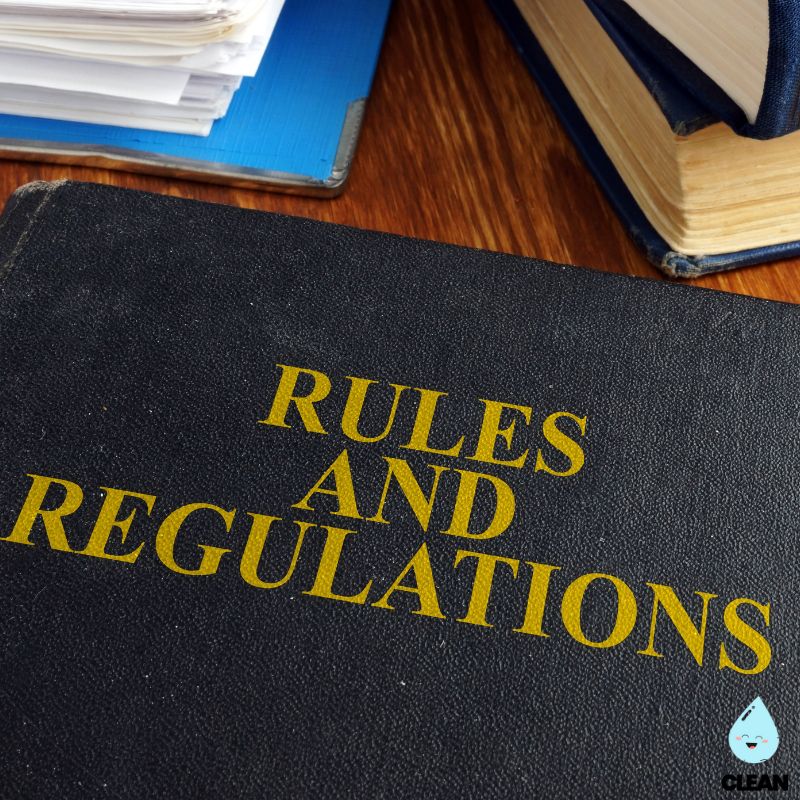
Follow Watering Guidelines
Adhere to assigned watering days based on your address (odd/even system). Water before 11 a.m. or after 7 p.m. to minimize evaporation in Reno’s dry climate. Adjust irrigation seasonally and use smart controllers for optimal efficiency.
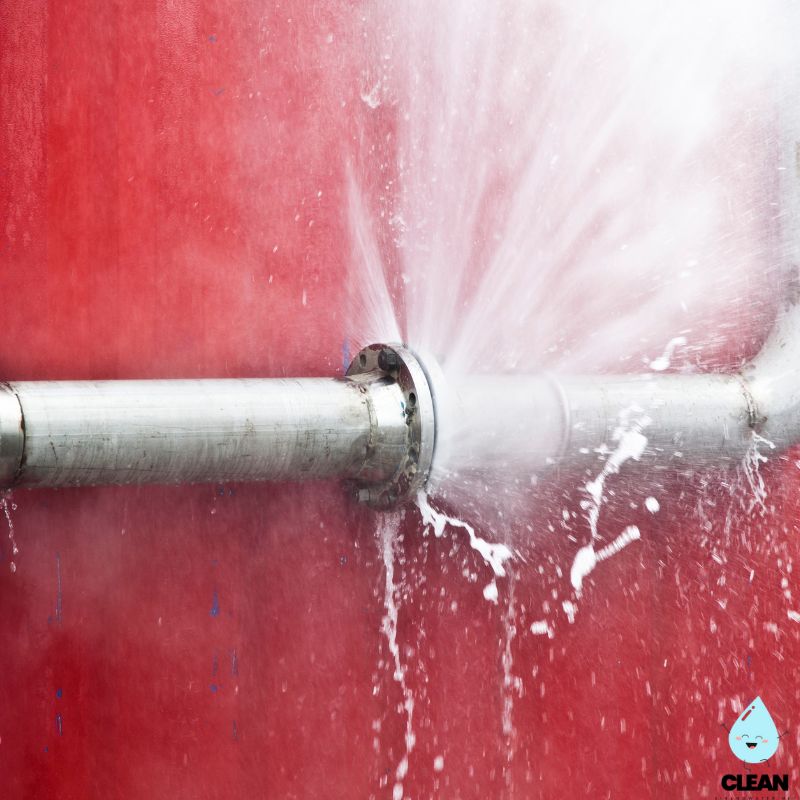
Report Water Issues
Contact TMWA immediately for water main breaks, pressure problems, or quality concerns at (775) 834-8090. For water waste reports, use the TMWA mobile app or call the water waste hotline at (775) 834-8005.
Quality News About Your Water
Get the comprehensive water quality news coverage you need with our dedicated US Water News Service. From coast to coast, we deliver in-depth reporting and expert analysis on PFAS contamination, EPA regulatory changes, infrastructure developments, and emerging water safety issues affecting communities nationwide. While mainstream media only covers the biggest stories, we provide the detailed, ongoing coverage that helps you understand the full scope of America’s water challenges. Whether you’re a concerned citizen, water professional, or community leader, our daily updates and analytical insights keep you informed about the issues that matter most to public health and environmental safety.
Frequently Asked Questions
Is Reno’s tap water safe to drink?
Reno’s tap water meets federal and state drinking water standards and is legally safe to drink. However, it contains 8 contaminants that exceed health guidelines established by the Environmental Working Group, including arsenic levels up to 13.9 PPB (healthy level is 0 PPB) and chlorination byproducts.
While TMWA’s water complies with EPA regulations through averaging methods, the presence of arsenic – a known carcinogen – and disinfection byproducts means that while legal, the water may not meet the highest health standards. Recent testing shows 90th percentile lead levels at just 4.2 ppb, well below the EPA action level of 15 ppb. TMWA provides free water quality testing, though residents may want to consider independent testing and filtration for additional protection.
How does Reno handle drought conditions?
TMWA has developed a comprehensive drought management strategy that ensures water reliability even during extended dry periods:
1. Upstream Reserves: Dedicated drought storage in upstream reservoirs provides multiple years of backup supply
2. Groundwater Integration: 93 production wells supplement river water during peak demand or drought periods
3. Aquifer Storage and Recovery: Treated water is injected into aquifers during winter for use in summer
4. Conservation Programs: Tiered rate structures and conservation initiatives have reduced per capita water use by 25% since 2000
5. Drought Response Plan: Staged approach with clear triggers for implementation of increasingly stringent conservation measures
These measures ensure that even during persistent drought conditions, Reno maintains sufficient water supply without compromising quality.
Why does Reno’s water sometimes taste different?
Several factors can affect the taste of Reno’s water:
• Seasonal variations: During spring runoff, higher river flows can change mineral content
• Source switching: Some neighborhoods may receive different blends of surface water and groundwater depending on demand and operational needs
• Natural minerals: Reno’s water is moderately hard (containing calcium and magnesium), giving it a distinctive taste that some notice, especially newcomers
• Disinfection: Chlorine levels are maintained for safety throughout the system, though chlorination byproducts can affect taste
All these variations are normal and within safe limits. For those sensitive to taste or concerned about chlorination byproducts, refrigerating water or using a carbon filter can improve flavor.
What are the watering restrictions in Reno?
Reno maintains year-round watering guidelines with additional seasonal restrictions:
Year-Round Rules:
• No watering during precipitation or when temperatures are below freezing
• No excess runoff or water flowing into gutters/streets
• Repair leaking irrigation systems promptly
Seasonal Schedule (April through October):
• Even-numbered addresses: water on Tuesdays, Thursdays, and Saturdays
• Odd-numbered addresses: water on Wednesdays, Fridays, and Sundays
• No watering between 11 a.m. and 7 p.m. (high evaporation hours)
• No landscape watering on Mondays (system recovery day)
During severe drought, additional restrictions may be implemented. Current watering status is available at tmwa.com or by calling (775) 834-8005.
Contaminants of Concern

Arsenic
Source: Naturally occurring in Nevada’s volcanic geology, particularly in groundwater sources. Northern Nevada has the country’s highest arsenic levels according to USGS surveys
Health Effects: Known carcinogen that increases risk of lung, skin, kidney, and prostate cancers, plus cardiovascular, liver, and neurological diseases
Current Levels: Highest reported level of 13.9 ppb in 2021, system average of 8.8 ppb. While meeting EPA standard of 10 ppb through averaging, this exceeds the health guideline of 0 ppb. EPA Limit: Maximum Contaminant Level of 10 ppb
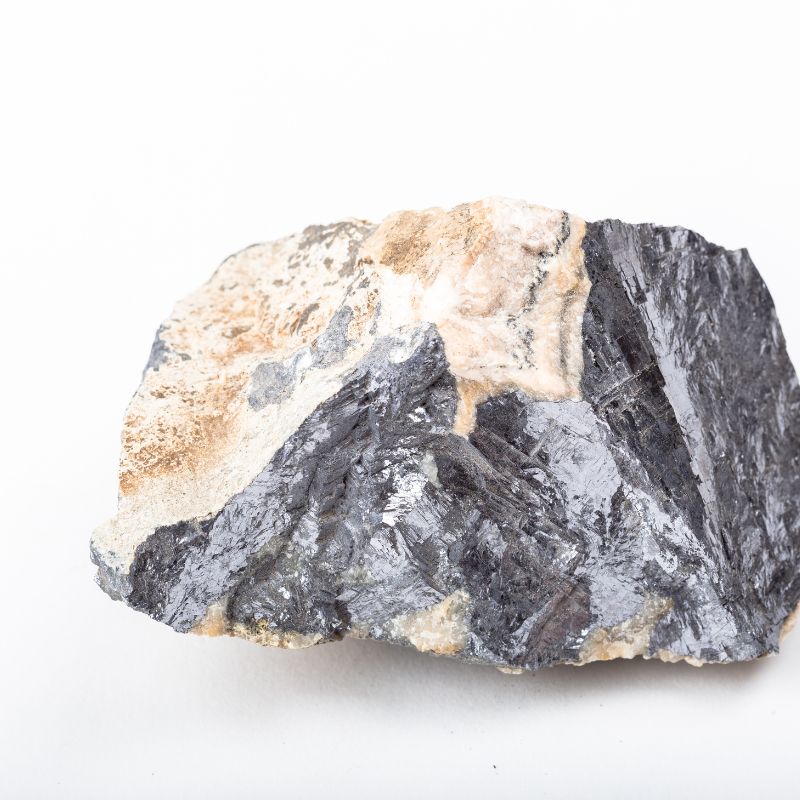
Chlorination Byproducts
Source: Created when chlorine disinfectant reacts with organic matter in water during treatment processes
Health Effects: Compounds like chloroform, dibromochloromethane, and dichloroacetic acid can cause liver and kidney damage and increase cancer risk with long-term exposure
Current Status: Multiple chlorination byproducts in Reno’s water exceed Environmental Working Group health guidelines, though levels remain within EPA legal limits. Chlorine is necessary for disinfection but creates these concerning compounds.
Please read – our information
The information presented on cleanairandwater.net is compiled from official water quality reports, trusted news sources, government websites, and public health resources. While we strive for accuracy and thoroughness in our presentations, we are not scientists, engineers, or qualified water quality professionals.
Our mission is to present water quality information in an accessible, real-world format that helps people understand what’s in their water and make informed decisions about their health and safety. We believe that complex environmental information should be available to everyone in a format that’s easy to understand.
We make every effort to ensure our content is current and accurate, but we cannot guarantee that all information is complete or error-free. This website should not replace official communications from your local water utility or health department. We always recommend consulting official sources for the most up-to-date information regarding your specific water system.
Clean Air and Water is not liable for any unintentional errors, omissions, or outdated information. The content on this site is provided for informational purposes only and should not be considered professional advice.
